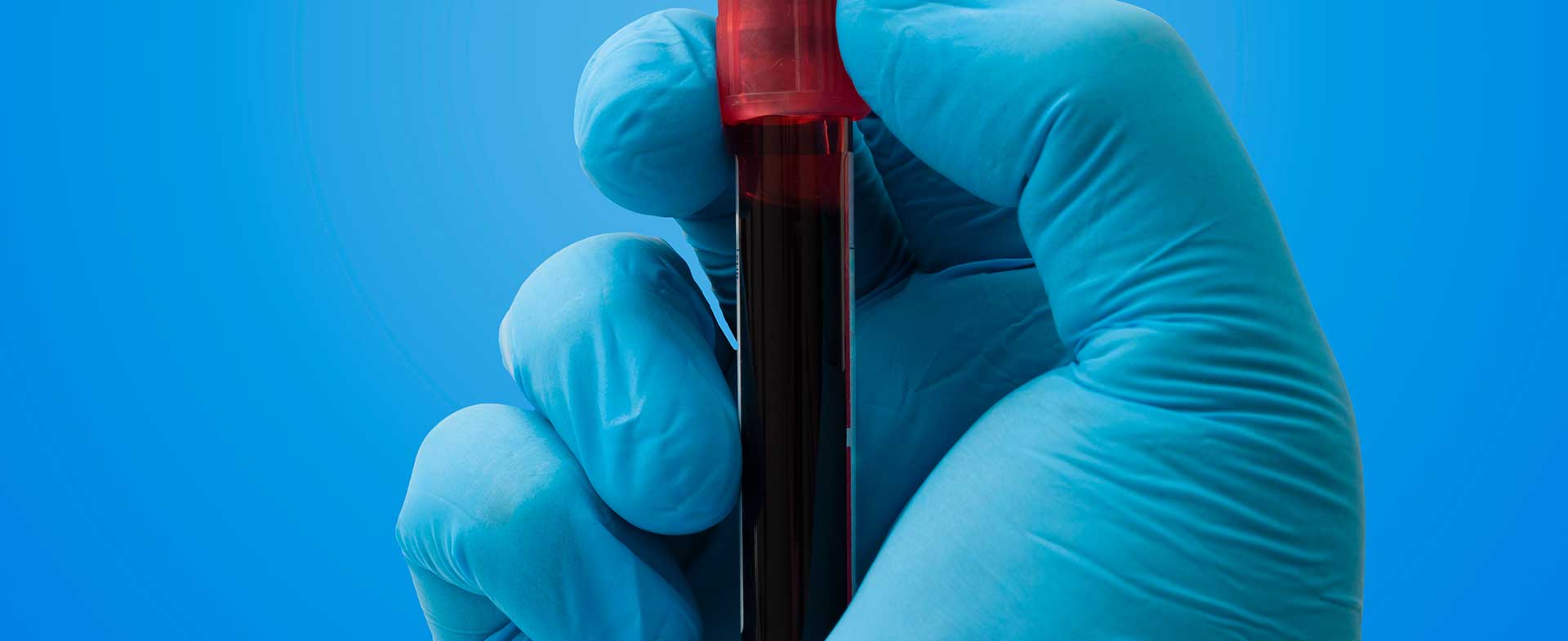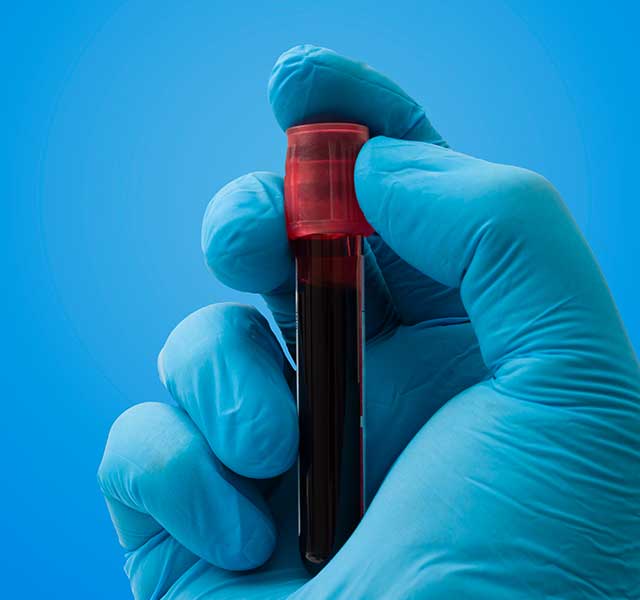When it comes to cancer survival, early detection is key. Catching cancer before it spreads to other parts of the body can greatly improve the outcome, which is why routine cancer screenings are so important. But right now, there are only standardized screenings for five types of cancers: breast cancer, colon cancer, prostate cancer, cervical cancer and lung cancer.
“These screening guidelines are well-studied and refined, but there are so many more cancers that we don’t have screening guidelines for,” says Raghavendra Vemulapalli, M.D., a primary care physician at Henry Ford Health. “That’s where the value lies in this new test, the Galleri multi-cancer early detection blood test. It detects a shared cancer signal across more than 50 types of cancers, including rare cancers, aggressive cancers and cancers that often go undetected until you experience late-stage symptoms.”
How Does The Multi-Cancer Early Detection Blood Test Work?
All of the cells in our body—including most cancer cells—release DNA into our bloodstream. Since cancer cell DNA is different from healthy cell DNA, the blood test can identify DNA from cancer cells—and even help determine where the cancer has originated.
“Every type of cancer has a specific DNA package: breast cancer DNA has a certain pattern, ovarian cancer DNA has a certain pattern,” says Dr. Vemulapalli. “This blood test has been designed to differentiate the DNA patterns of more than 50 types of cancers. The Galleri test has a false positive rate of less than 1% and it can predict where the cancer originated with 89% accuracy.”
The test will reveal one of two results: “no cancer signal detected” or “cancer signal detected.” If your result shows “cancer signal detected,” your doctor will discuss with you additional tests to confirm a cancer diagnosis.
Who Should Receive The Multi-Cancer Early Detection Blood Test?
The Galleri test is intended for use in people with an elevated risk of cancer, such as those ages 50 and older. Individuals ages 35 and older with certain risk factors for cancer are also eligible for this blood test. In order to receive the test, you must also:
- Not be pregnant (pregnancy can interfere with the test results)
- Have no history of cancer or cancer treatment within the last three years
“If you’re age 50 or older, age alone is a risk factor for cancer, so you could get the test,” says Dr. Vemulapalli. “If you’re over age 35 and you are obese, obesity is a risk factor for cancer. If you have a significant smoking history, alcohol history or a primary relative with cancer (parents, siblings or child), you are at an increased risk for cancer.”
Talk to your healthcare provider to determine whether the Galleri test is right for you. It isn’t yet FDA approved and must be ordered by your doctor. The frequency of how often you should take the test hasn’t yet been determined, but it may be yearly.
What Cancers Can The Multi-Cancer Early Detection Blood Test Find?
While the Galleri blood test cannot detect brain cancer (brain cancer DNA isn’t released into the bloodstream) it can detect many other types of cancers, including:
- Pancreatic cancer
- Ovarian cancer
- Anal cancer
- Liver cancer
- Breast cancer
- Kidney cancer
- Prostate cancer
- Stomach cancer
- Cervical cancer
- Colon cancer
- Leukemia
- Oral cancer
- Uterine cancer
You can find a full list of the cancers the blood test can detect here.
The Multi-Cancer Early Detection Blood Test Doesn’t Replace Standard Screenings
The multi-cancer early detection blood test should not be used in place of your routine cancer screenings, says Dr. Vemulapalli. Rather, it should be used as an additional screening method. Don’t forget to keep up with your regular screenings:
- Breast cancer screening should begin at age 40 for those with an average risk of breast cancer.
- Cervical cancer screening should begin at age 21.
- Colon cancer screening should begin at age 45.
- Prostate cancer screening should begin at age 50, unless you have additional risk factors.
- Lung cancer screening should begin age 50 for those who are at high risk for lung cancer.
“For now, whether or not you get the multi-cancer early detection blood test, maintaining your regular cancer screenings is really important,” says Dr. Vemulapalli. “In the future, this blood test could completely change the way we diagnose cancer. But that will take some time.”
The multi-cancer early detection blood test is available by prescription only. Contact your primary care doctor to learn if you are eligible to receive the test.
To make an appointment with a cancer specialist, visit henryford.com/cancer or call (888) 777-4167.
Reviewed by Raghavendra Vemulapalli, M.D., Vice Chair of Family Medicine at Henry Ford Hospital.



